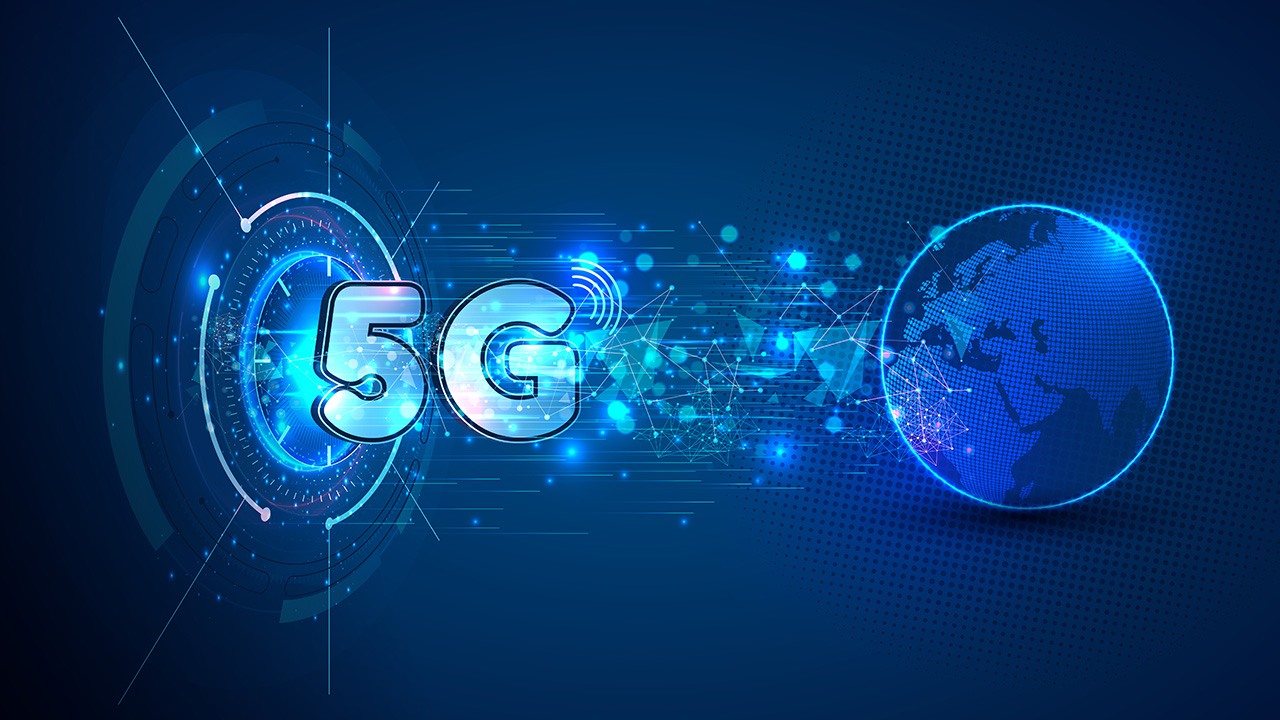A2102 Insights
Explore the latest trends and news on technology, lifestyle, and more.
5G and the Race for Digital Supremacy
Discover how 5G is shaping the future and igniting the fierce competition for digital supremacy—don't get left behind!
What is 5G and How Will It Transform Our Digital Landscape?
5G stands for the fifth generation of mobile networks, succeeding 4G and designed to deliver faster speeds, lower latency, and greater connectivity. This advanced technology utilizes a combination of higher-frequency radio waves and a dense network of small cells to ensure uninterrupted service. The rollout of 5G technology has the potential to revolutionize various sectors by enabling seamless communication between devices, allowing for real-time data processing, and fostering the expansion of the Internet of Things (IoT). As this network becomes more widespread, we can expect an increase in the number of smart devices, autonomous vehicles, and immersive experiences like virtual and augmented reality.
The transformative impact of 5G on our digital landscape will be profound. With its ability to connect more devices at once and dramatically reduce latency, we can anticipate innovations in areas such as healthcare, education, and entertainment. For instance, 5G technology could enable remote surgeries by providing doctors with ultra-reliable, low-latency communication, while smart cities will thrive on enhanced connectivity, leading to improved public services and infrastructure. Overall, the advent of 5G is not just about faster internet; it represents a shift toward a more interconnected, efficient, and intelligent digital ecosystem.

The Global 5G Rollout: Who's Leading the Charge?
The global 5G rollout represents one of the most significant technological advancements in recent history, with numerous countries responding to the urgency of adopting this revolutionary network. Key players in the 5G race include the United States, China, South Korea, and several European nations. According to a report by Forbes, the U.S. aims to lead by fostering innovation through investments in 5G infrastructure, while China dominates in terms of 5G deployment and user numbers, boasting the largest market globally. South Korea, having launched 5G in 2019, has quickly garnered a notable user base and has been pivotal in showcasing applications of this technology in real-world scenarios.
The competition for 5G supremacy is not just about coverage, but also about enhancing the capabilities that come with it. For instance, countries like Norway and Sweden are gaining attention for their advanced 5G infrastructure and commitment to sustainable technology solutions, as highlighted in a report by Deloitte. As nations vie to set the standard for 5G technology, it is imperative to monitor these developments closely, as they will shape not just telecommunications, but also commerce, transportation, and daily life across the globe.
5G vs. 4G: Key Differences and Implications for Digital Supremacy
The transition from 4G to 5G represents a significant leap in mobile technology, bringing with it enhanced capabilities and new opportunities for innovation. While 4G provided users with faster internet speeds, enabling seamless streaming and enhanced app functionality, 5G takes this a step further by offering speeds that can reach up to 10Gbps. This increase in data transfer rate not only benefits consumers by providing a more reliable connection but also supports the growing demand for IoT devices and applications such as augmented reality, virtual reality, and autonomous vehicles, which rely on real-time data processing and low latency.
Moreover, the implications of this shift extend beyond just speed; 5G networks are designed to connect a far greater number of devices simultaneously than their 4G predecessors. This capacity is crucial in enabling smart cities and other integrated technological ecosystems to function efficiently. As industries begin to embrace 5G, the potential for transformative changes will redefine how we interact with technology daily, thereby asserting digital supremacy in an increasingly connected world.